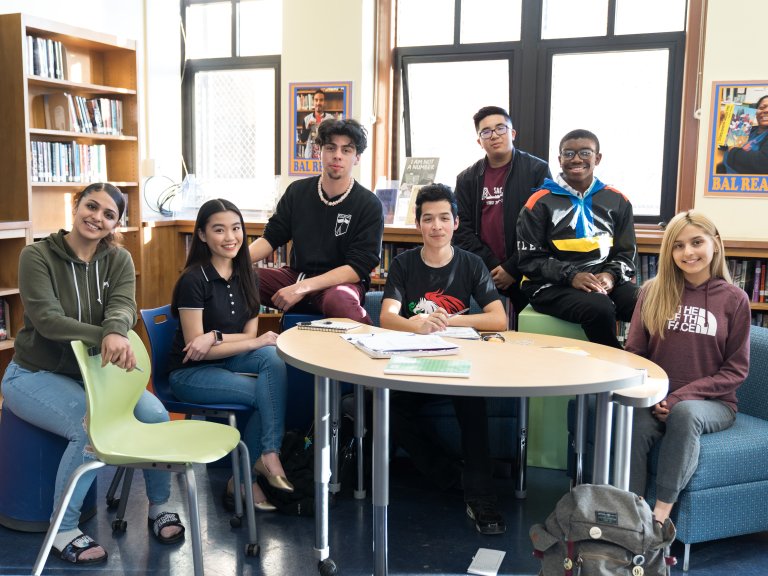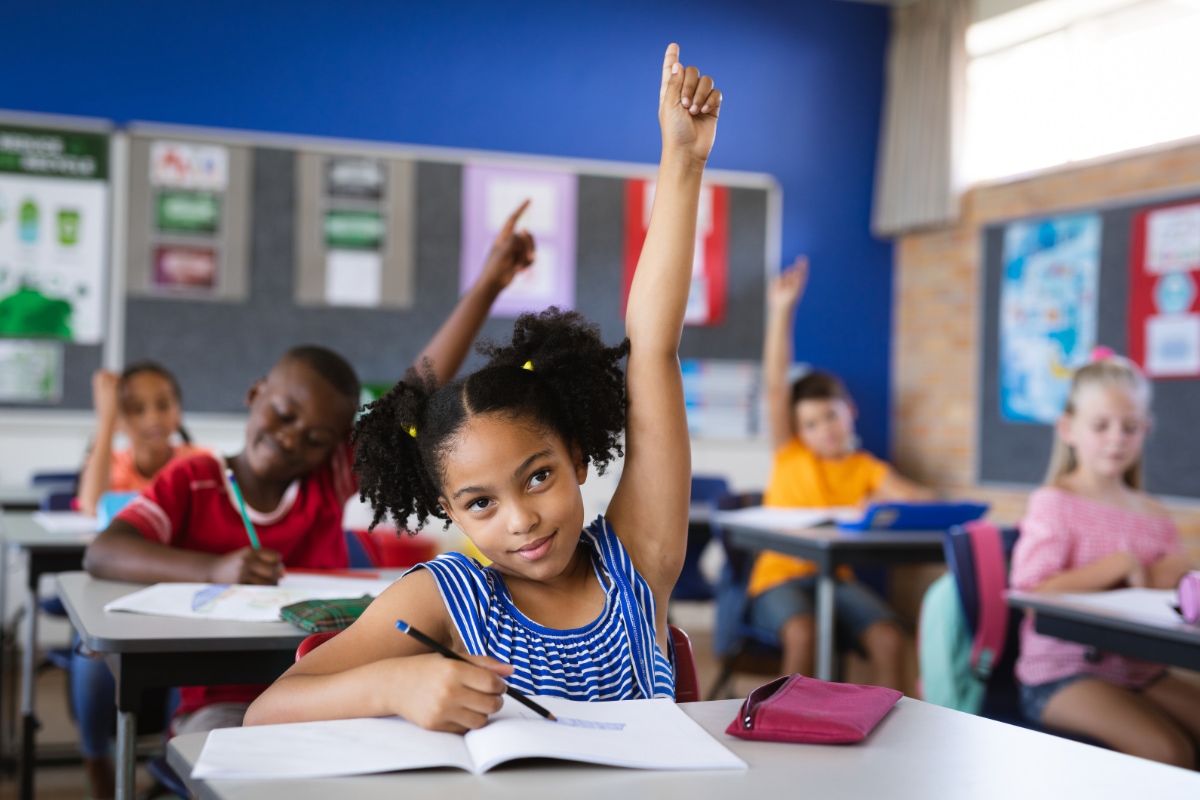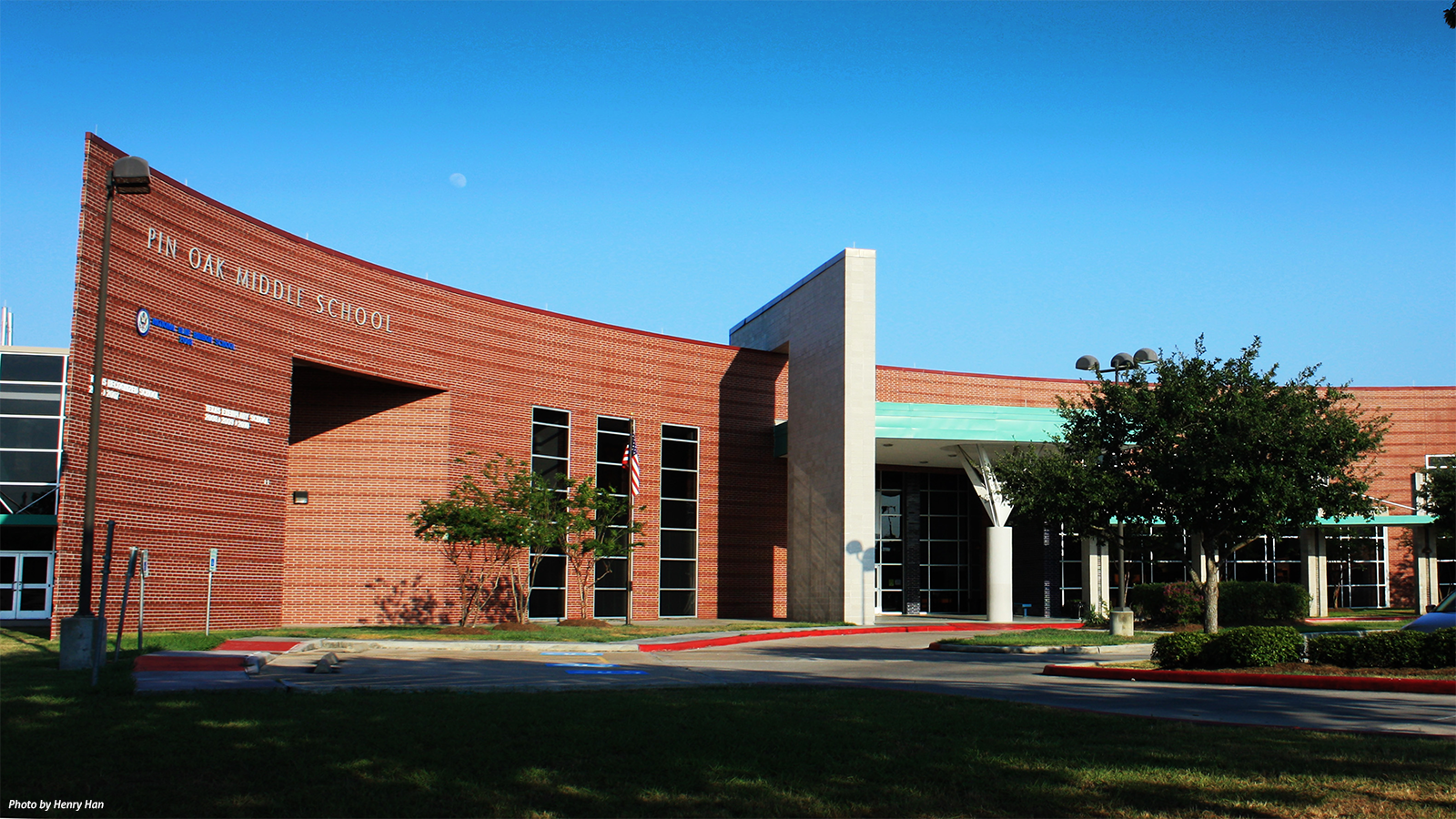Join the Activity to Save Temecula Schools: Area Action Needed!
Join the Activity to Save Temecula Schools: Area Action Needed!
Blog Article
The Impact of Institution Environments on Academic Success and Personal Health
The school setting dramatically influences both scholastic success and personal health, encompassing components such as physical format, class environment, and interpersonal dynamics. The design of instructional areas, including natural illumination and ergonomic furnishings, can improve students' focus and convenience. In addition, the high quality of teacher-student relationships and the nature of peer communications play essential functions in promoting an ambience helpful to learning and psychological support. Comprehending just how these different factors interaction to form pupil outcomes raises important inquiries about maximizing educational settings for all natural growth. How can schools tactically boost these elements to much better support their students?
Physical Format and Design
Exactly how does the physical design and design of a college impact academic success? The setup and aesthetic of a school environment can considerably influence trainees' learning end results.
Natural lights and effective air flow systems are essential in enhancing cognitive feature and minimizing absenteeism. Researches have shown that classrooms with enough all-natural light enhance pupil concentration and lower sensations of sleepiness. In addition, ergonomic furnishings customized to trainees' needs can prevent physical discomfort, enabling long term emphasis and involvement in academic activities.
Access to exterior spaces and visually pleasing surroundings likewise play a vital function - Save Temecula Schools. Green spaces and properly maintained institution grounds offer chances for workout and mental leisure, both of which are necessary for preserving high degrees of scholastic performance. Basically, a thoughtfully made physical setting can act as a catalyst for academic quality, cultivating an atmosphere that supports both training and knowing
Classroom Ambience
A favorable class ambience is basic to accomplishing academic success. A setting that promotes a feeling of safety and security, inclusivity, and shared respect encourages trainees to engage more proactively in their understanding processes. The ambiance of a classroom, including facets such as lights, noise degrees, and seating arrangements, can significantly influence trainee focus and motivation. A well-ventilated, well-lit classroom with marginal distractions can improve cognitive function and minimize anxiety, consequently advertising much better academic results.
Furthermore, the classroom ambience need to sustain a culture of collaboration and open communication. When pupils really feel comfy revealing their concepts and asking questions, they are more probable to involve deeply with the material and create essential thinking skills - Save Temecula Schools. Peer communications and group activities can enhance knowing by promoting and offering varied viewpoints teamwork
Additionally, establishing consistent regimens and clear assumptions can create a structured atmosphere that permits trainees to concentrate on their research studies. By lessening uncertainty and offering a predictable framework, trainees can better handle their time and responsibilities. Eventually, a positive classroom atmosphere not just enhances academic performance but additionally adds to the general health of pupils, preparing them for future instructional and individual ventures.
Teacher-Student Relationships
Structure on the relevance of a favorable class ambience, the connections in between instructors and pupils play an essential duty in forming scholastic success. A healthy teacher-student connection cultivates a finding out environment where trainees feel valued, recognized, and sustained, which considerably enhances their inspiration and interaction. When pupils view their teachers as understanding and friendly, they are most likely to take part actively in course and look for help when needed, other adding to a deeper understanding of the subject.

This depend on enables students to express their ideas and problems easily, cultivating a joint understanding setting. In significance, solid teacher-student partnerships are a foundation of academic success, playing a crucial function in both scholastic achievement and individual development.
Peer Interactions
Peer interactions considerably affect academic success by shaping a student's cognitive and social advancement. Within the college atmosphere, peer partnerships work as a foundational part for finding out and individual development. Favorable peer communications can enhance a student's motivation and engagement in scholastic tasks through collective understanding and shared assistance. When pupils interact in team setups, they exchange concepts, resolve issues jointly, and establish important assuming skills. Such interactions foster a sense of belonging and area, which is crucial for emotional well-being and academic perseverance.

Effective peer communications also add to the advancement of essential life abilities, such as conflict, participation, and interaction resolution. These social expertises are important for both scholastic success and individual well-being, underscoring the importance of fostering positive peer dynamics within the institution atmosphere.
After-school Activities
Involving in after-school activities plays a crucial function in a pupil's academic success and personal development. These activities, varying from sports groups to question clubs, supply pupils chances to refine important skills such as leadership, time monitoring, and synergy. Research continually shows that pupils that join extracurricular activities often tend to achieve higher academic performance. This correlation is often connected to the structured environment and the discipline required to balance both extracurricular and scholastic commitments.
Furthermore, extracurricular involvement cultivates a sense of belonging and area, which is essential for personal wellness. her latest blog Taking part in group activities enables pupils to develop and reinforce social media networks, boosting their psychological and social knowledge. These interactions are crucial for developing social abilities that are beneficial in both future and academic professional environments.
In great post to read addition, extracurricular activities provide a useful outlet for trainees to discover their rate of interests and enthusiasms beyond the basic curriculum. This exploration can bring about the exploration of brand-new talents and prospective occupation paths, even more encouraging pupils to involve more deeply in their academic work. To conclude, the role of after-school activities expands beyond mere entertainment; they are essential to fostering an alternative instructional experience that promotes both academic success and individual growth.
Verdict
Thoughtfully created physical formats and classrooms, along with favorable teacher-student relationships and useful peer communications, substantially improve trainee inspiration and involvement. These elements collectively underscore the significance of creating and keeping ideal institution settings for the benefit of trainees' individual and academic development.
Ultimately, a positive class environment not only boosts academic efficiency however likewise contributes to the general health of pupils, preparing them for future academic and individual ventures.

Report this page